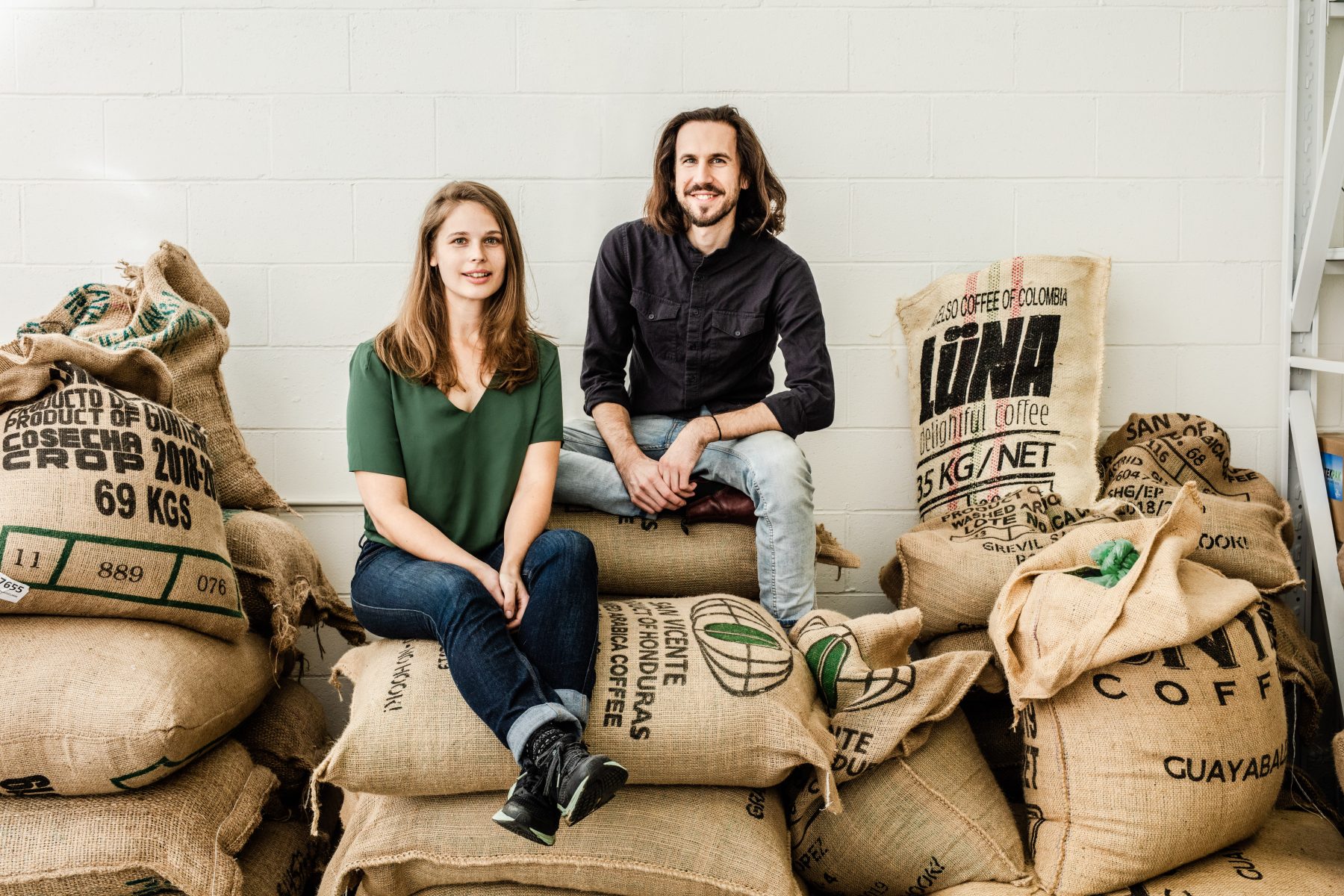(from our time capsule – originally posted in our newsletter in 2019)
I’m sure you’ve noticed by now, but in case you haven’t – The way we source our coffee is different. Lüna is small – Like, remarkably small. Despite that, we’re treating our size as a micro-roaster as a huge asset.
In fact, we never really explained why we don’t normally buy coffee off offer lists. Let’s change that.
Normally at our size, it would be reasonable to buy our coffee from what’s already on our shores, picking from a list from an importer. In that scenario, we would simply choose a few coffees that taste the best and roll with it. There are some incredible spot offerings from importers out there, to be sure, but there are a couple of reasons why we didn’t go in that direction.
Small working with small, with the help of some larger facilitators.
The main reason is this – We have this advantage of having friends who facilitate relationships between grower and buyer, and who understand the power of linking up small roasters and small farms – in Colombia, in Honduras, in Kenya too. That’s why the coffees we share are delicious, and that’s why we’re able to know so much about who’s growing them.
Another reason is when you buy from an offer list, there’s usually a missed opportunity to pay the farmer more. Sure, you could gather wire information and ‘tip the producer’, paying a bonus after the fact (and in a couple of cases that’s what we’re going to do), but most often, there is little ability to get in contact with the farmer and build accountability, and over time, a solid long-term partnership and feedback loop when you buy off an importers list.
Gifted Estate.
This October box is the epitome of what we mean by radical transparency. We’re rooting for the little guy – That’s easy to do when you are also the little guy. Moses and his family, despite having a farm under 10 acres, wanted to access the international market with their coffee, so he needed to hold the licence to do so. When his family would have made that choice, it would have been between delivering coffee fruit to the cooperative society they belong to (and blending their efforts with hundreds of others), or taking a risk and trying something new.
(That something new is what you get to try this month, and there are a couple of days left to sign up if you haven’t already. )
It’s cool that we’re able to taste this big, articulate rhubarb acidity and sweet complex berry and tropical fruit from Gifted Estate. And to try that with two different types of seeds (the larger AA and the small pebble-like Peaberry) from the same trees is insanely cool.
To be honest with you, I didn’t initially think we’d be able to buy coffee this way, at least not at first.
It’s been exciting over the last 2 years seeing how possible it can be to positively influence the pricing of a coffee for a grower and to be able to buy from them each harvest. Even at our tiny size. It’s only in the last few years that the rest of certain value chains have caught up to be able to support this kind of small global business. We’re having a lot of fun over here, and even though it’s a bit more difficult to buy coffee this way, it’s worth it.
Happy Sunday and make sure you have a delightful coffee this weekend ok? It’s important.
Laura
On Rotation Bright Berry – Astrid Guzman from Marcala, Honduras

There is no soaking step, so there is inevitably tiny bits of mucilage left on the seeds for the drying process. This reminds us of a white honey process. There’s a drying project that Astrid is a part of that exemplifies the kind of care we talk about in this Sunday letter.
In the cup, all this effort translates to a coffee that is deeply sweet and raspberry bright.
